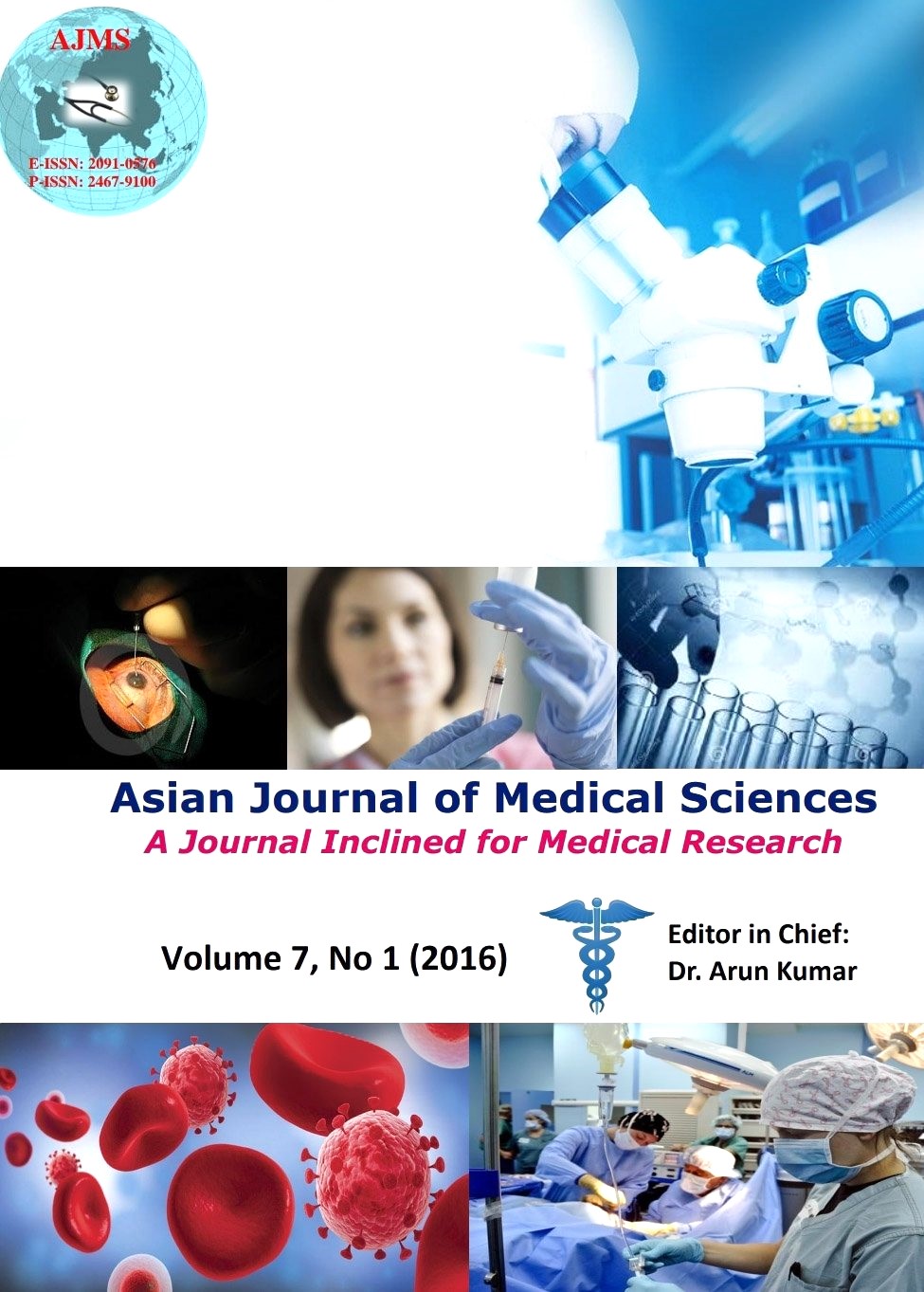Inter district variation in child health promotion practices: A comparative study between the two districts in a South Indian state
Keywords:
Health care seeking, danger signs, child health promotion practicesAbstract
Background: Inter district variations in health parameters can be conducive for policy making with regards to child health status and healthcare utilization.
Aims and Objectives: We carried out this study to understand district-wide variations in child health promotion practices in well performing Dakshina Kannada (DK) and poorly performing Bellary districts of Karnataka state of South India.
Materials and Methods: Data was collected by cross sectional door to door community survey carried out among 2203 households of DK district and 2158 households of Bellary district. The Institutional Ethics Committee had approved this study
Result: Initiation of breast feeding within 2 hours was seen in 92.2% mothers in DK and 43.2% mothers in Bellary. Higher rates of prelacteal feeds (DK 16% Bellary 68.1 %) and delayed complementary feeding (DK 39.2 % Bellary 64.9%) was observed in Bellary. Home deliveries were negligible in DK but in Bellary almost half of the mothers had delivered at home .Fever was recognized as danger sign in majority, while awareness of all danger signs was seen in 44.4 % in DK and 14.8 % in Bellary. 28 % in Bellary had delayed health seeking.
Conclusion: There is inter district variation child health promotional practices and health seeking and need due consideration by health policy makers.
Asian Journal of Medical Sciences Vol.7(1) 2015 88-92
Downloads
Downloads
Published
How to Cite
Issue
Section
License
Authors who publish with this journal agree to the following terms:
- The journal holds copyright and publishes the work under a Creative Commons CC-BY-NC license that permits use, distribution and reprduction in any medium, provided the original work is properly cited and is not used for commercial purposes. The journal should be recognised as the original publisher of this work.
- Authors are able to enter into separate, additional contractual arrangements for the non-exclusive distribution of the journal's published version of the work (e.g., post it to an institutional repository or publish it in a book), with an acknowledgement of its initial publication in this journal.
- Authors are permitted and encouraged to post their work online (e.g., in institutional repositories or on their website) prior to and during the submission process, as it can lead to productive exchanges, as well as earlier and greater citation of published work (See The Effect of Open Access).




